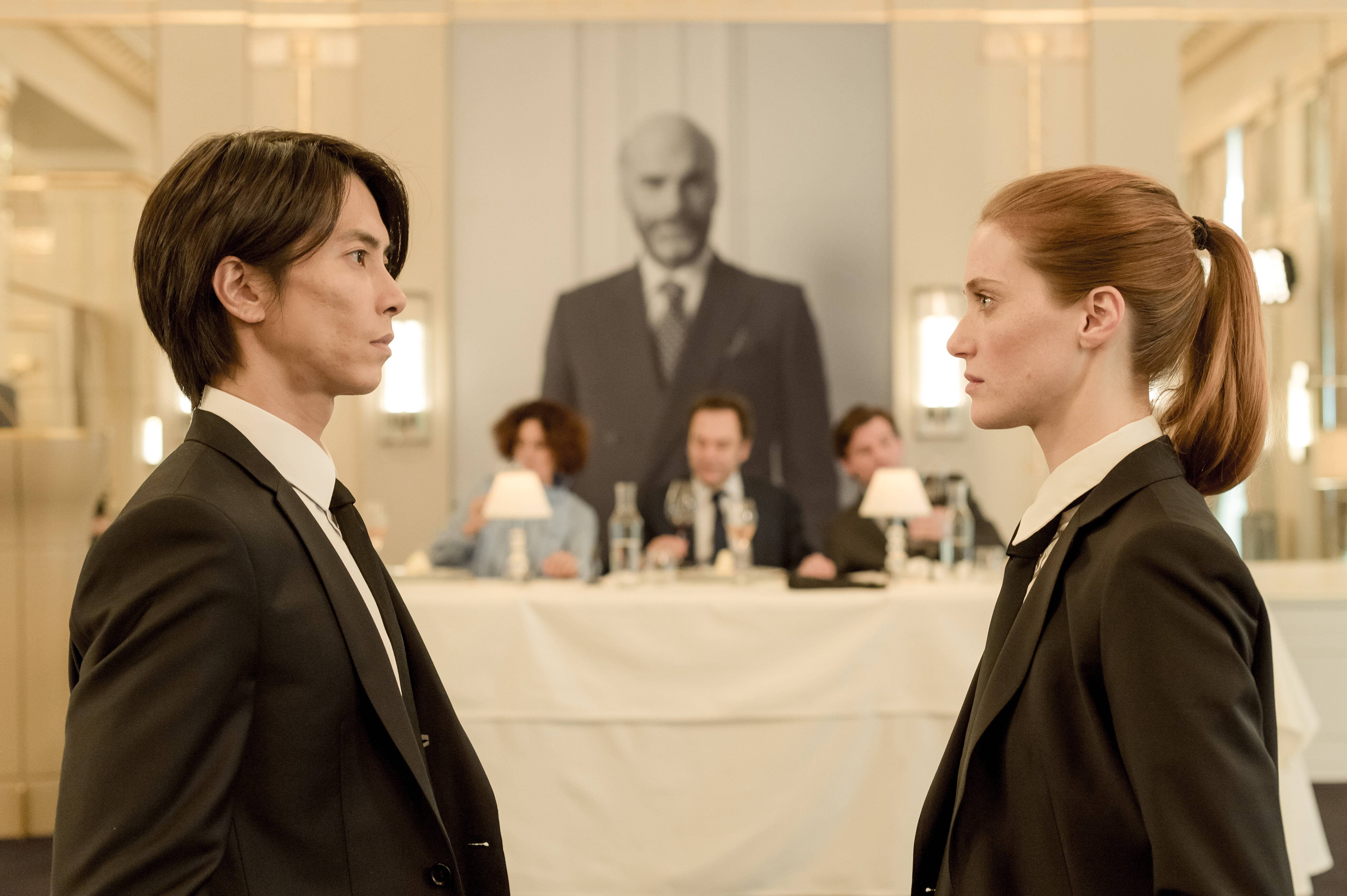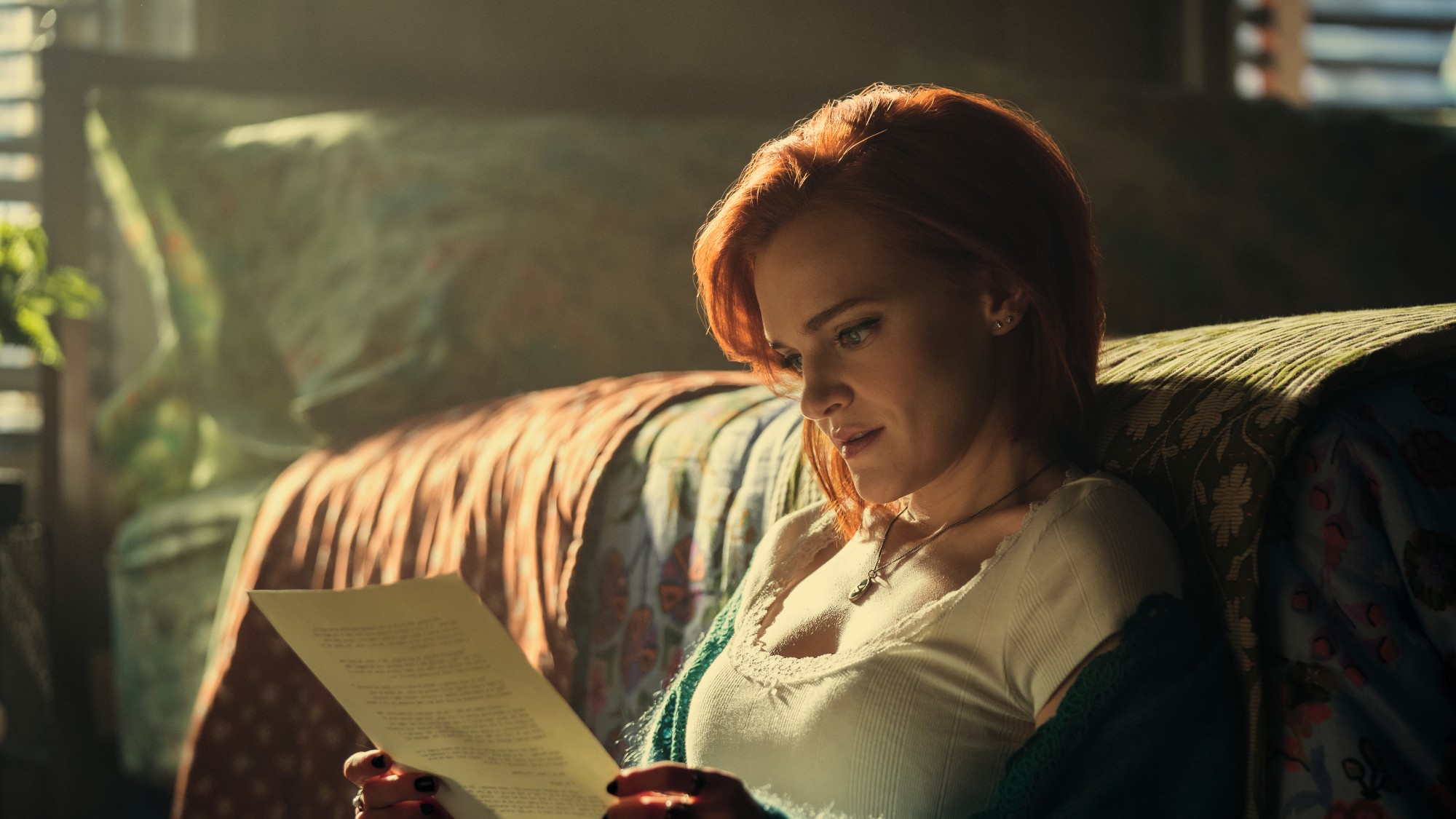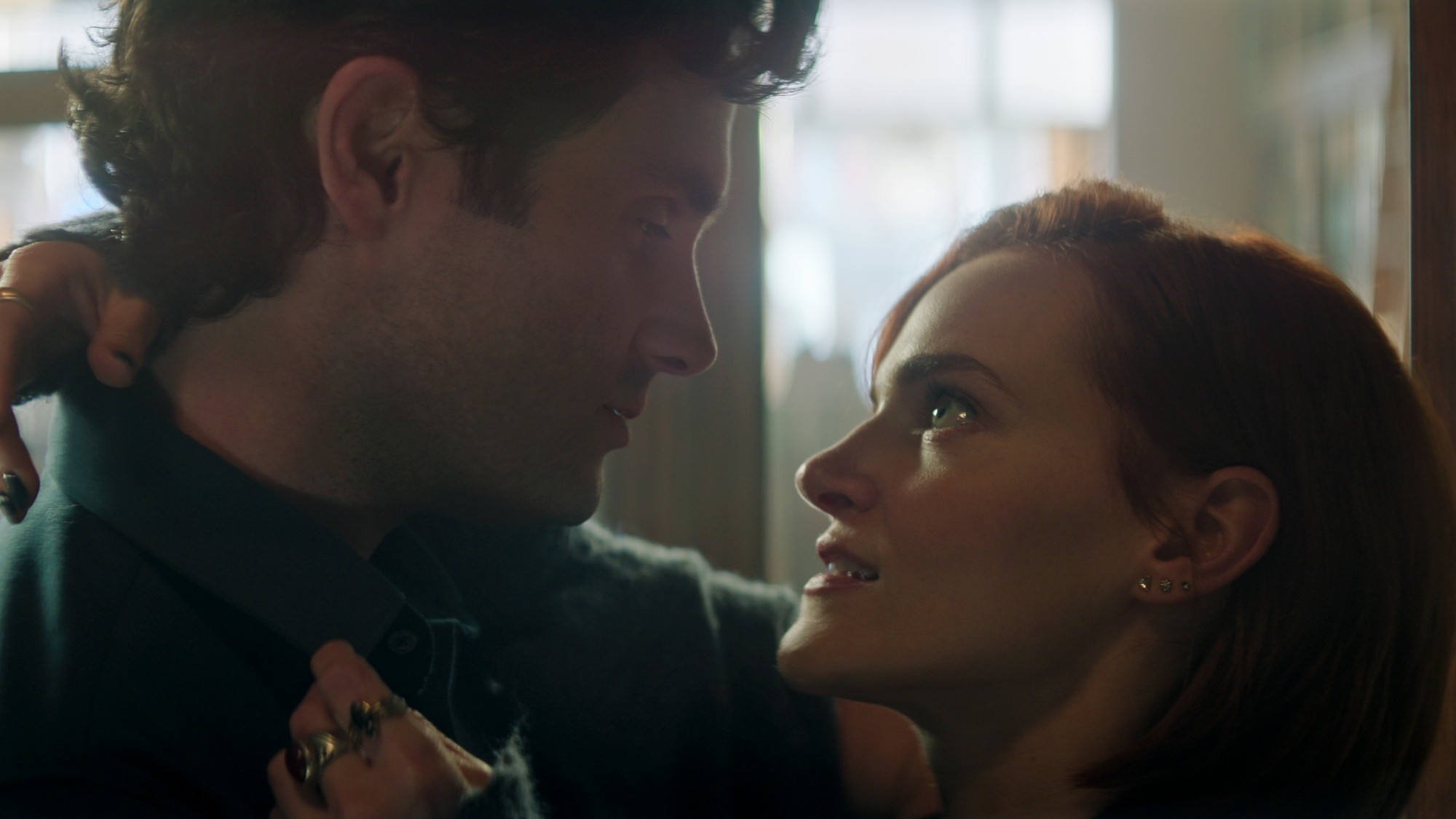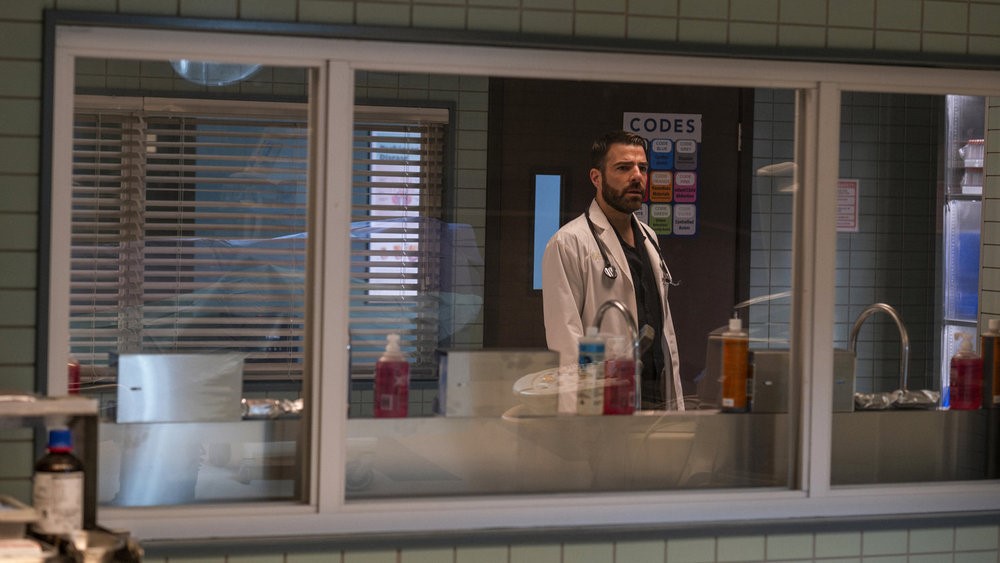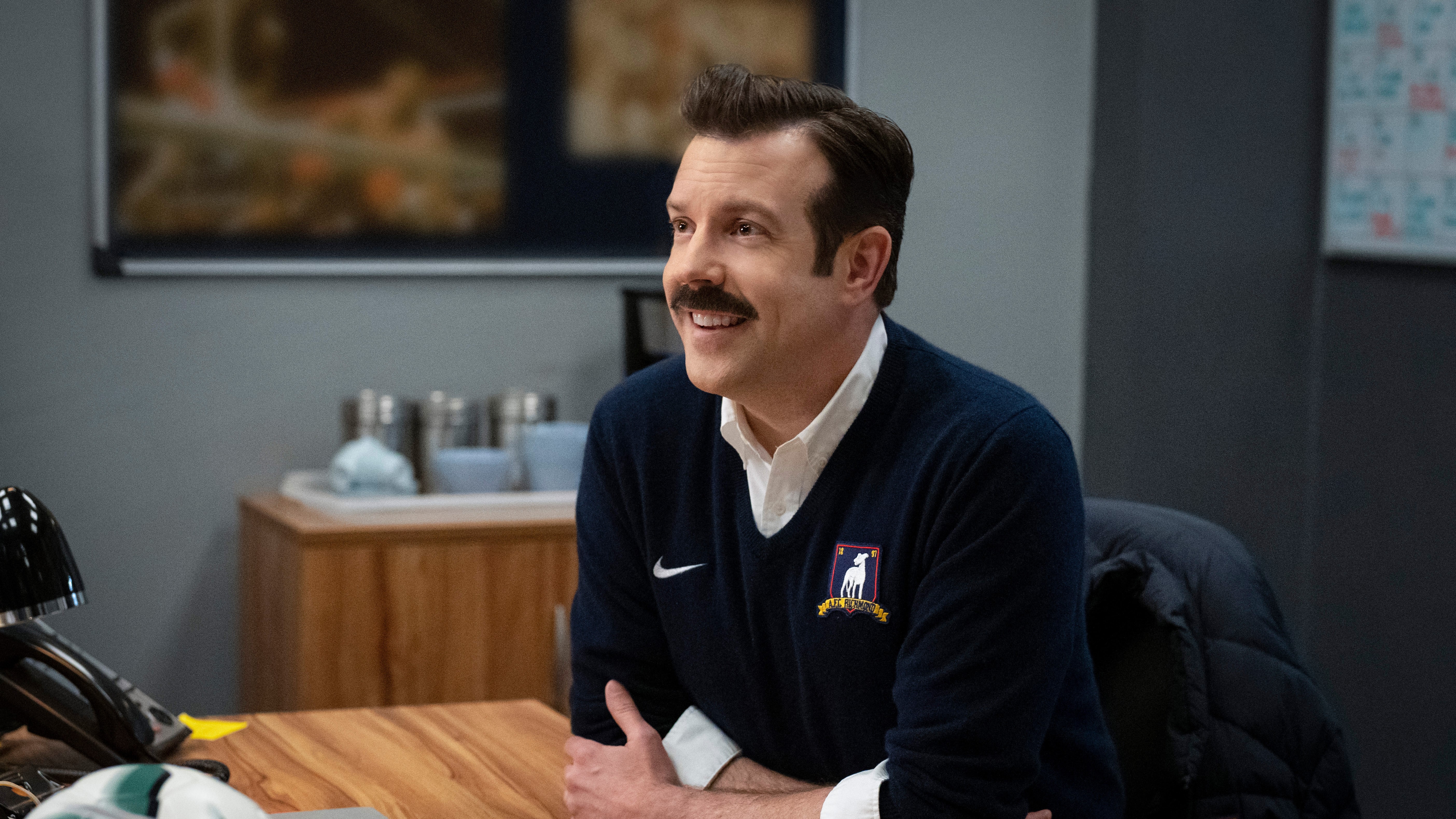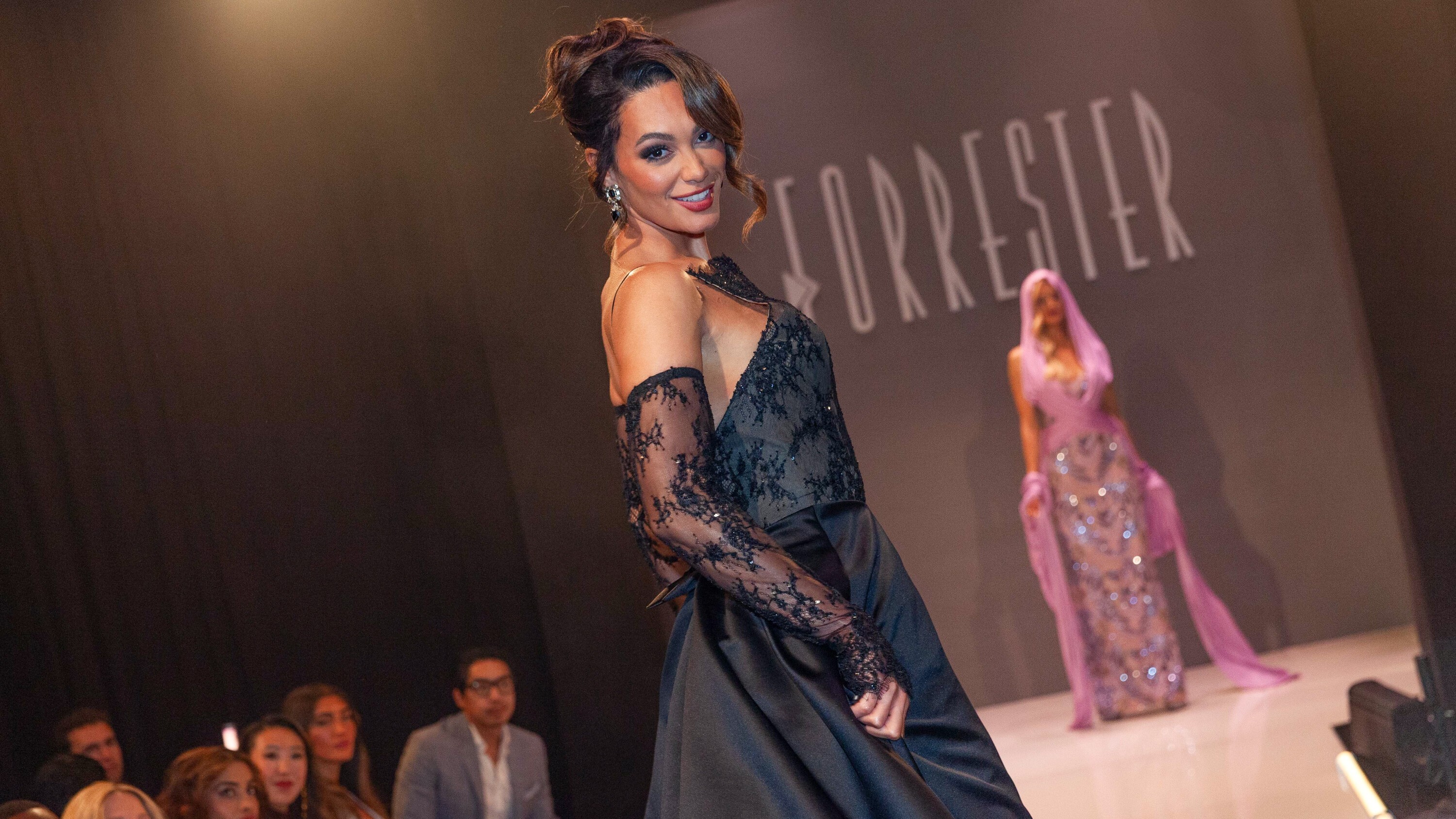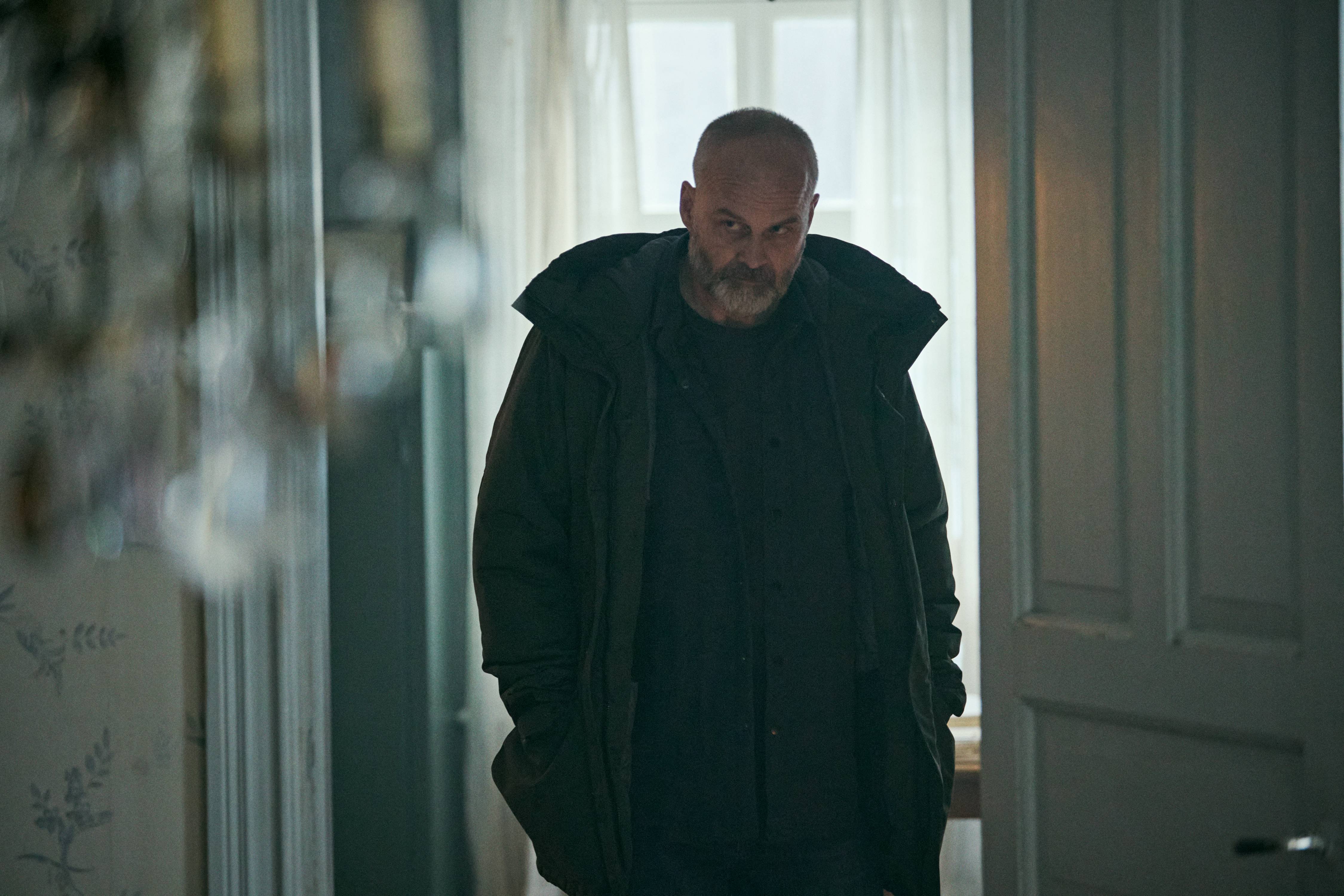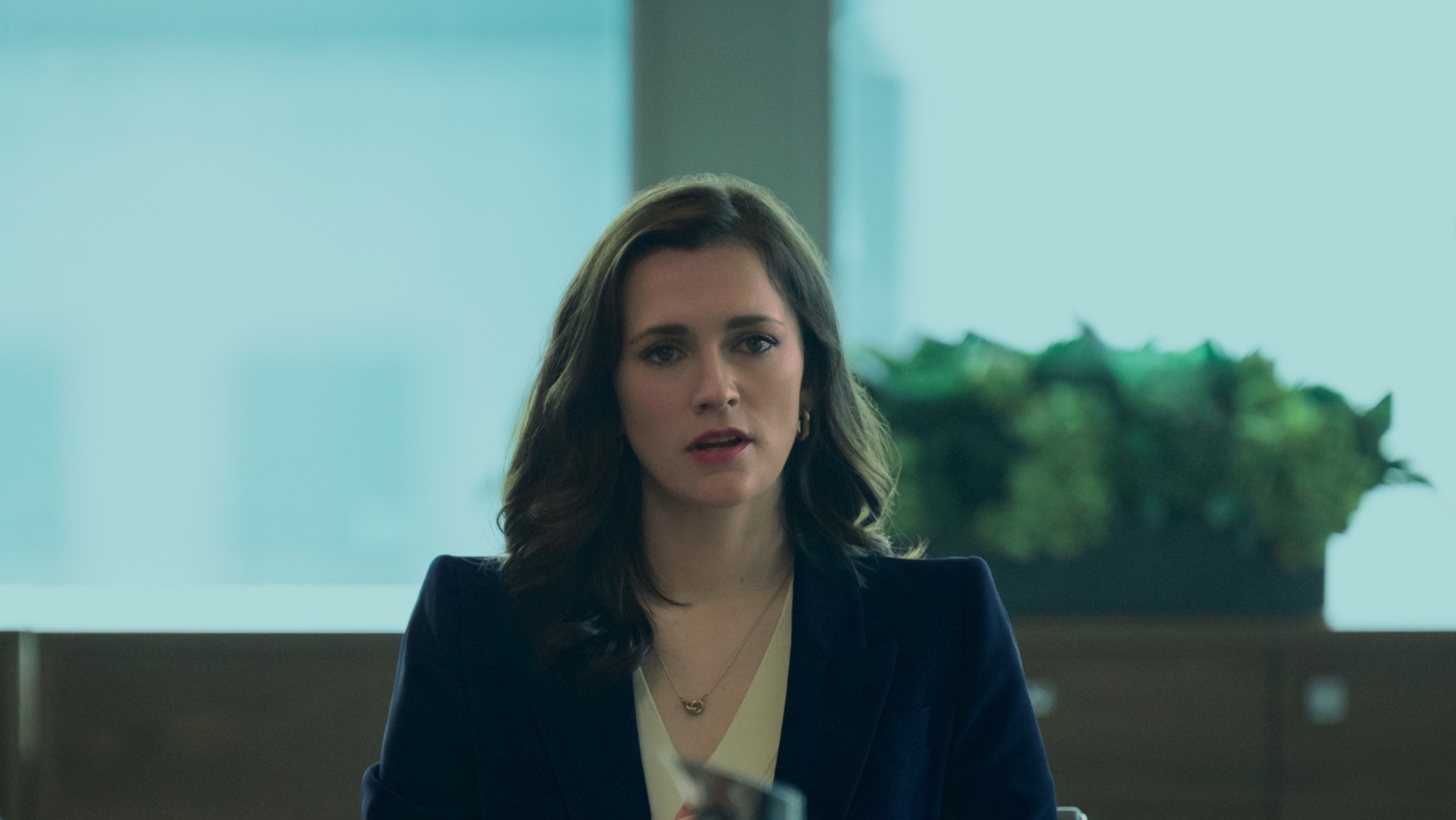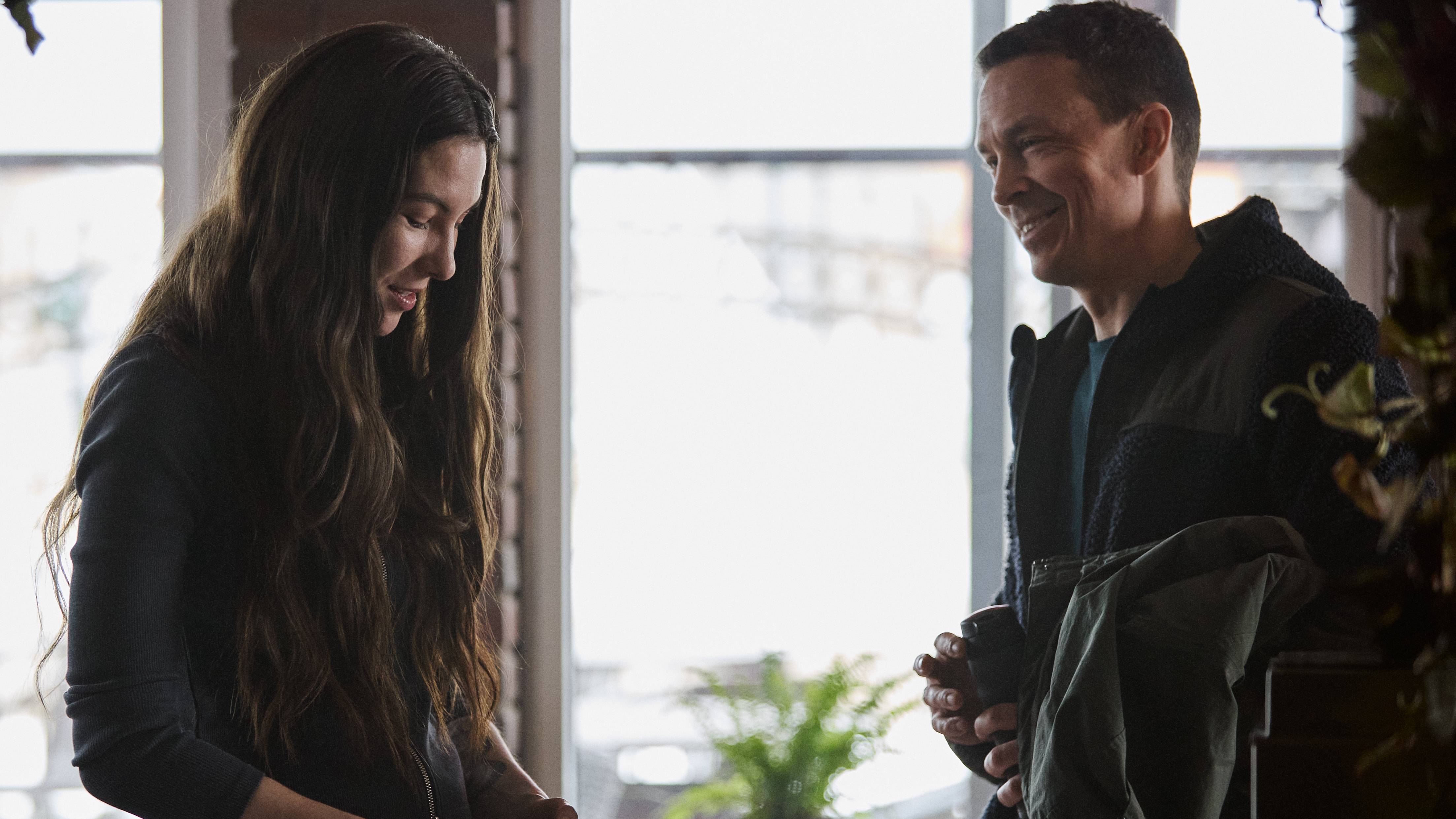Golden Globes 2021: why it matters that three women are nominated for Best Director
Three women were nominated for Best Director at the Golden Globes this year. Here's why that matters.

The nominations for the 78th Golden Globe Awards were announced this week to the usual fanfare. The notoriously peculiar Hollywood Foreign Press Association has always operated by its own series of rules, leading to nominees that veer wildly between delightfully surprising and utterly inexplicable. This was no different during this unprecedented year of change, with the organization still managing to perplex critics and industry figures alike. This is a season where James Corden and Jared Leto got nominated for slated performances and Emily in Paris racked up more nominations than Sound of Metal, Da 5 Bloods, and The Good Lord Bird. All in all, it was a very Golden Globes-esque morning.
There was one truly refreshing exception, however. In the Best Director category, no fewer than three of the five nominees were women filmmakers — two of whom were women of color. Emerald Fennell for Promising Young Woman, Chloé Zhao for Nomadland, and Regina King for One Night in Miami...
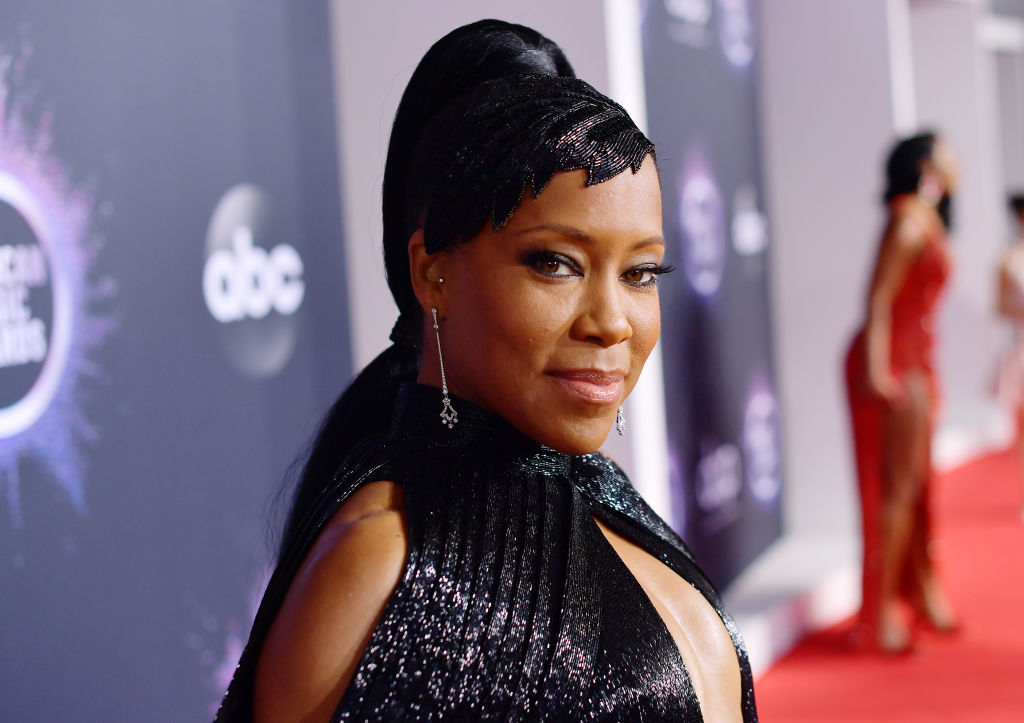
For the first time in the history of the HFPA, more than one woman made it into the category! It was totally unexpected and many feared that the HFPA would snub even the most high-profile women, something they’ve done numerous times over the years. It became such a glaring issue that Natalie Portman famously called them out over it during the ceremony in 2018. Over 78 years, only eight women have ever been nominated for the top title, and only one has ever taken home the award (Barbra Streisand, for Yentl in 1984.) That’s marginally better than the Oscars but those numbers are still disheartening, another sign of how maddeningly incremental the fight for gender parity in the entertainment industry remains. To put it in even blunter terms, the same number of women have been nominated for Best Director as men named John.
The Golden Globes themselves have never been as valuable a marker of success as the Oscars, but it still matters that they promoted female directors so heavily this season. As much as critics grumble about the HFPA, we still count the Globes as a crucial part of that narrative of prestige that builds up to the climax of Oscar night. That often difficult-to-define notion of prestige matters arguably as much as the quality of the films themselves and women have struggled for a long time to be viewed in that light.
Movie awards have little to do with merit, as much as we kid ourselves about “deserving” winners and the like. It’s down to public relations, campaigning and adherence to decades’ old industry standards. It’s not enough for a film to be “good.” It has to be successful by other standards, such as commercial viability. It also benefits to fit preconceived ideas of an “awards movie”, for example, stories of real-life people overcoming difficulties, war movies, splashy tales about Hollywood, biopics and so on.
Yet, when women filmmakers overcome all of those barriers, the goalposts just keep moving. Greta Gerwig did everything that the HFPA wants its potential nominees to do and she was still overlooked both for Lady Bird and Little Women. The same goes for acclaimed money-making titles with real awards bait energy, from A Beautiful Day in the Neighborhood to Lorene Scafaria’s Hustlers and Lulu Wang’s The Farewell. Awards season is primarily built on playing it safe, and women are still seen as a “risk”.
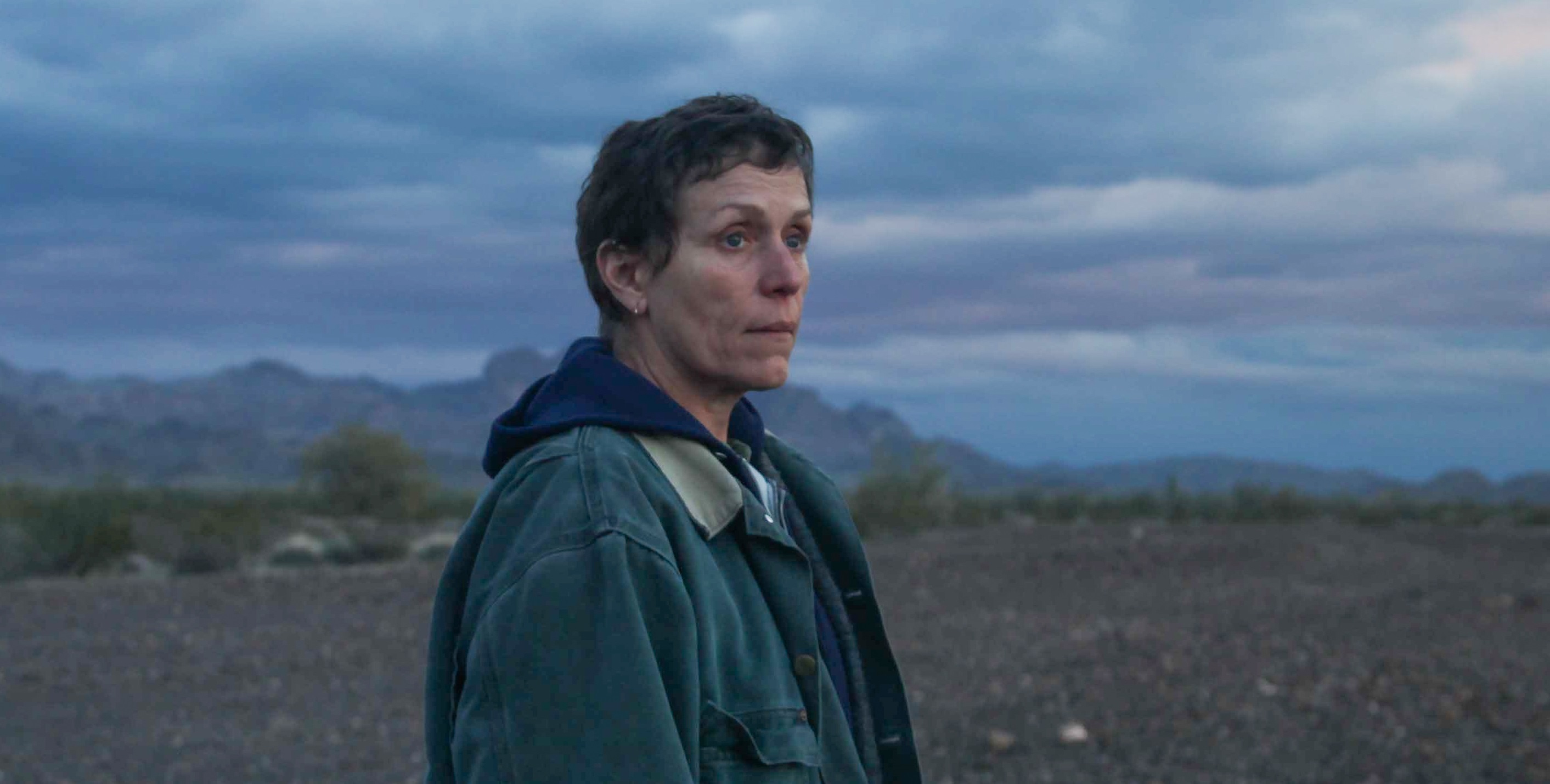
In a year where the competition remains fierce but is smaller due to the delays caused by the COVID-19 pandemic, there is a rare opportunity to shake things up. The HFPA, by and large, decided not to take that road. There was a noticeable shutout of filmmakers of color for films like Da 5 Bloods, Judas and the Black Messiah, and Minari. This is an organization that ignores Steven Yeun but celebrates James Corden in one of the most lambasted performances of 2020. Change is slow. Yet that trio of female directors getting their dues is something that could shine a light for future storytellers.
Get the What to Watch Newsletter
The latest updates, reviews and unmissable series to watch and more!
These are three wildly different filmmakers who have crafted narratives of thematic and stylistic flair that could not be more diametrically opposed: Regina King’s biopic exploring Black masculinity and the edge of change for the American civil rights movement in the mid-1960s; Chloé Zhao’s 21st century Grapes of Wrath, a quietly devastating and wholly naturalistic drama of the true face of economic anxiety; and Emerald Fennell’s furious reinvention of the rape-revenge fantasy for the post-Weinstein age, a prickly and deeply discomfiting takedown of systemic misogyny and a culture of sexual violence. For maybe the first time in the awards conversation, women filmmakers are contenders against one another because the field is truly diverse in a way that we seldom see. That the HFPA decided to recognize that, especially given their reticence to change, is a minor miracle.
And they’re not the only names in the conversation. There’s Josephine Decker for her surrealistic reimagining of the biopic with Shirley. Eliza Hittman’s deeply empathetic yet realistically blunt drama Never Rarely Sometimes Always is sweeping critics’ prizes. Kelly Reichardt, one of the true icons of modern indie minimalist cinema, received the reviews of her career for First Cow. Radha Blank made a splash at Sundance with The 40 Year Old Version. All of these women have the goods to be awards players and lead the way for long-term change in Hollywood at large.
A little gold man doesn’t define a director’s skills, nor does not being nominated for one cement their status as a bad filmmaker. What it does do, however, is act as a handy beacon for how the film industry perceives itself and how it wishes the rest of the world to embrace it. The Golden Globes may not change a lot of hearts and minds, but they did offer a shake-up of the status quo and their contemporaries should follow suit.
Kayleigh is a pop culture writer and critic based in Dundee, Scotland. Her work can be found on Pajiba, IGN, Uproxx, RogerEbert.com, SlashFilm, and WhatToWatch, among other places. She's also the creator of the newsletter The Gossip Reading Club.

